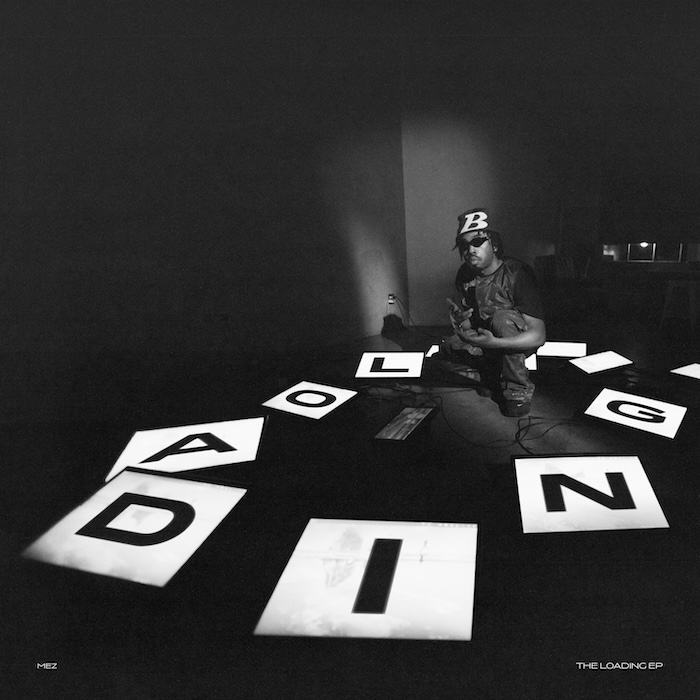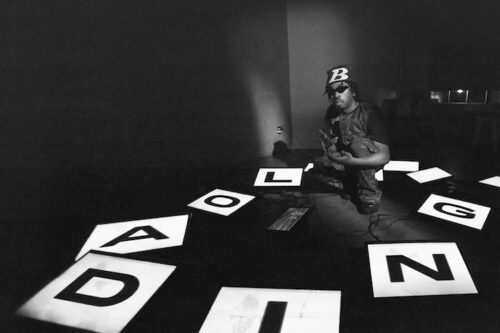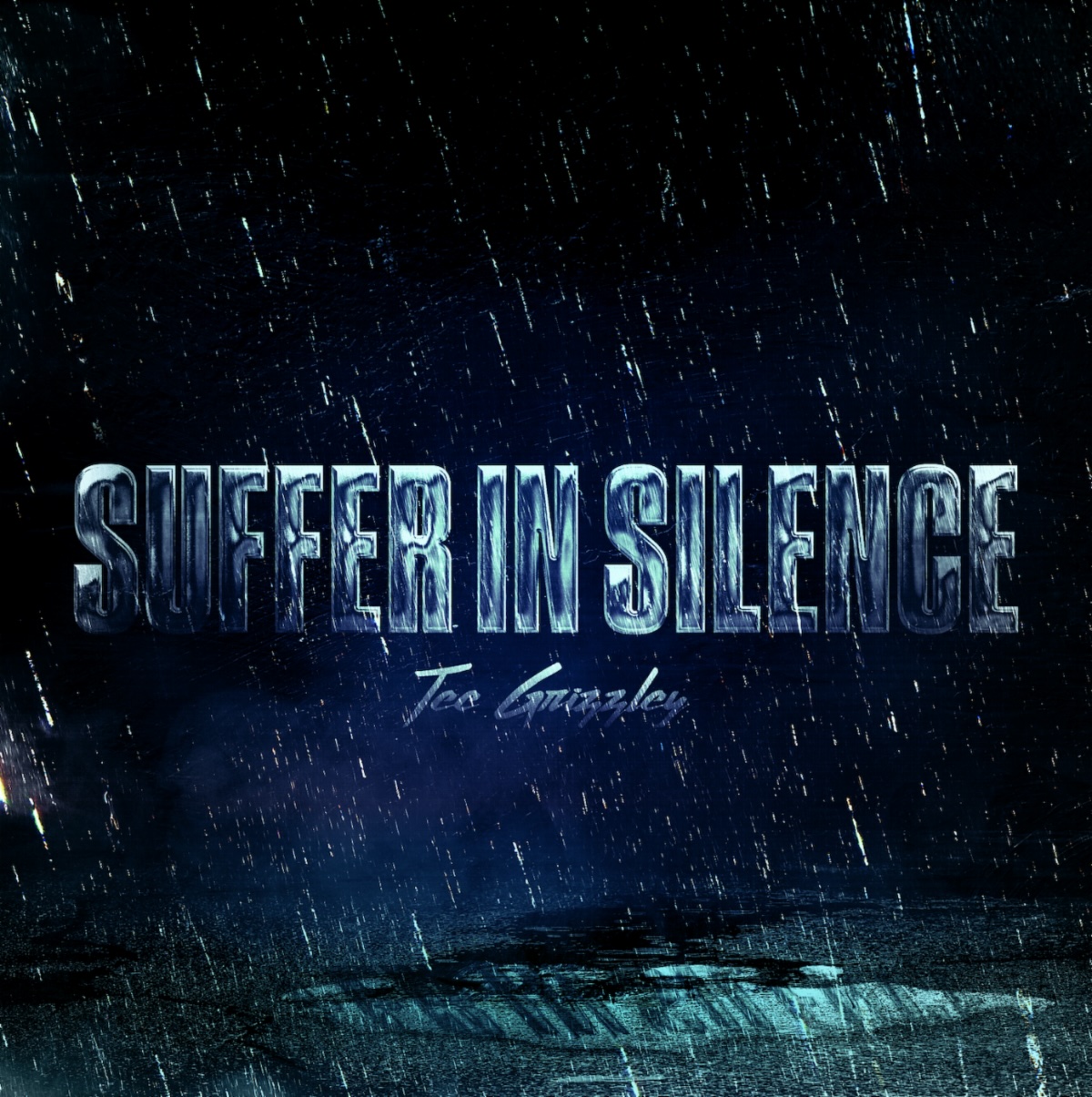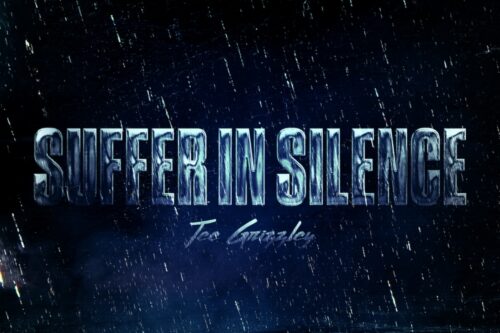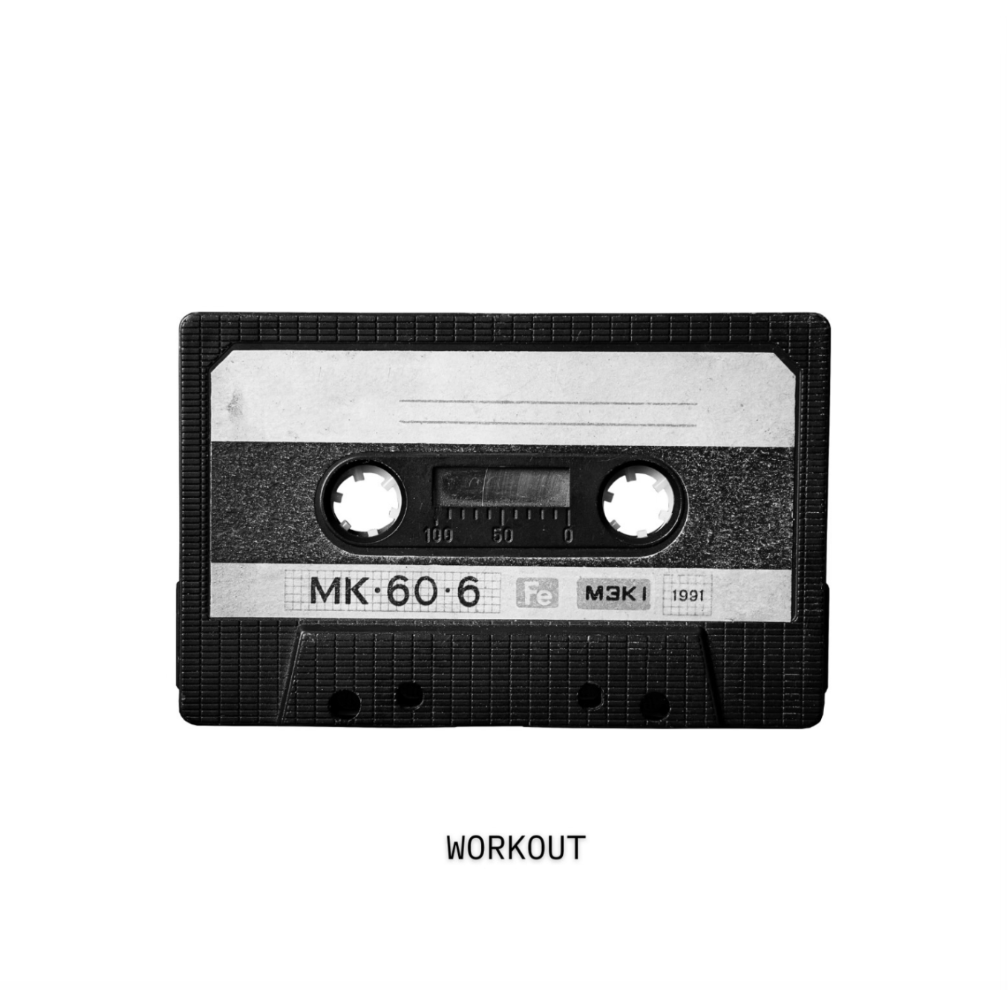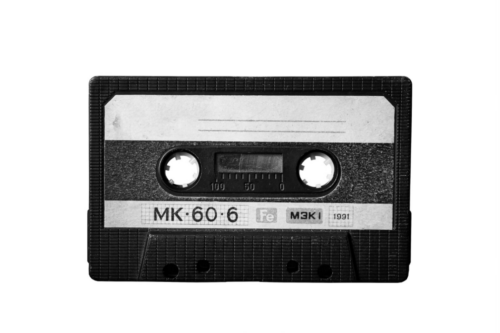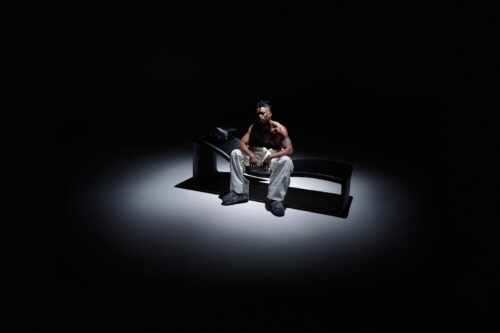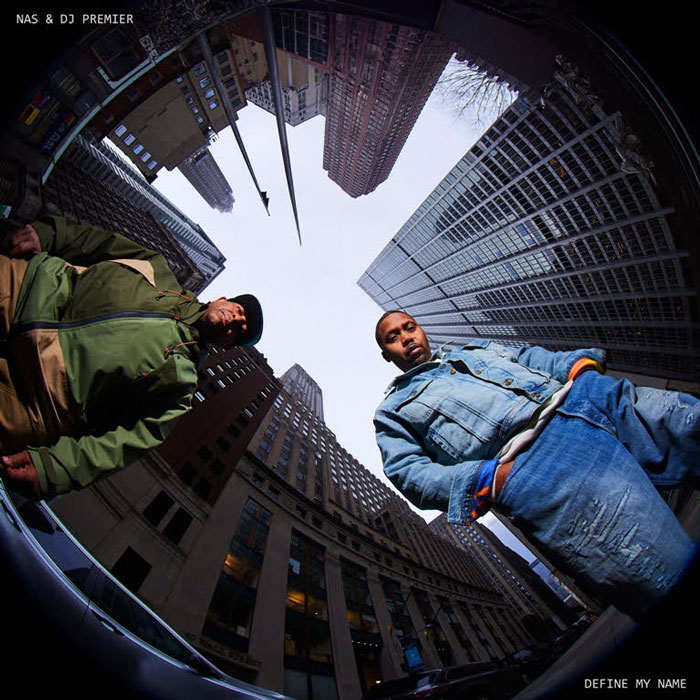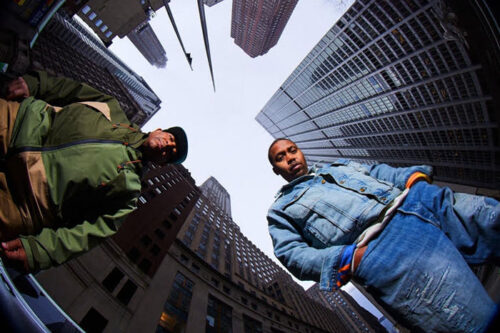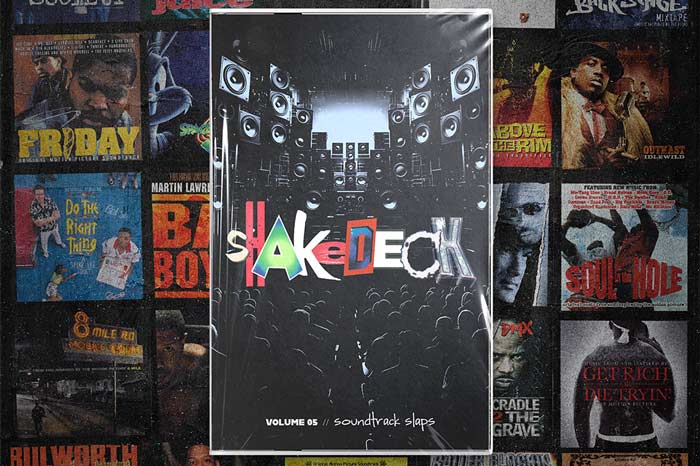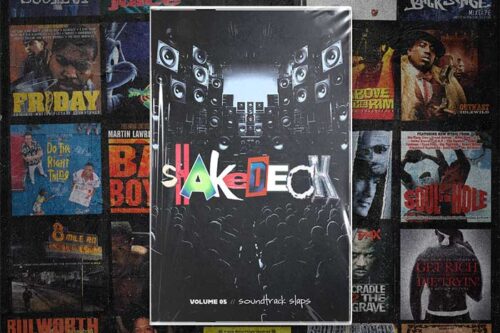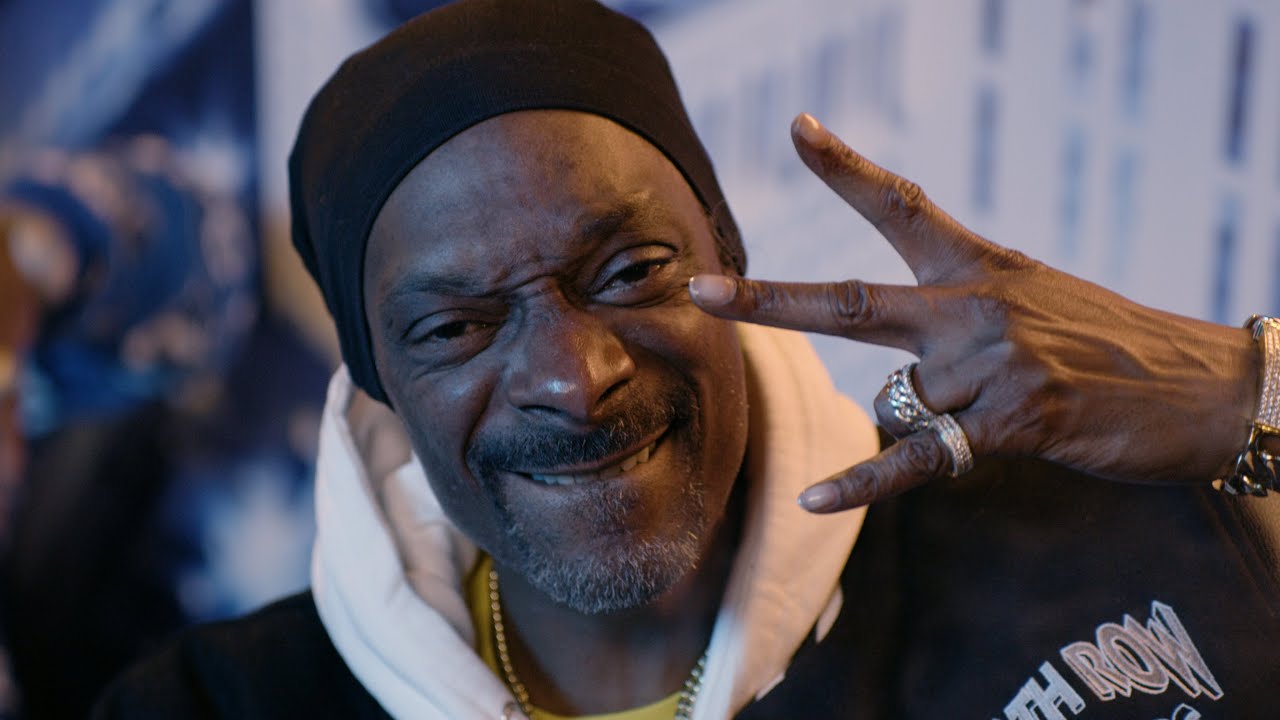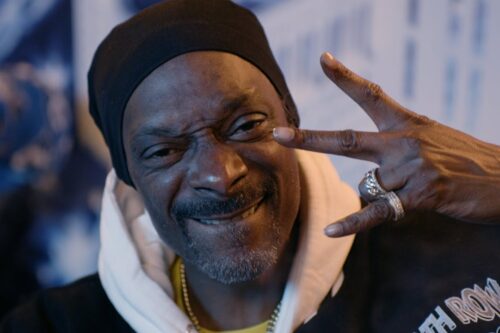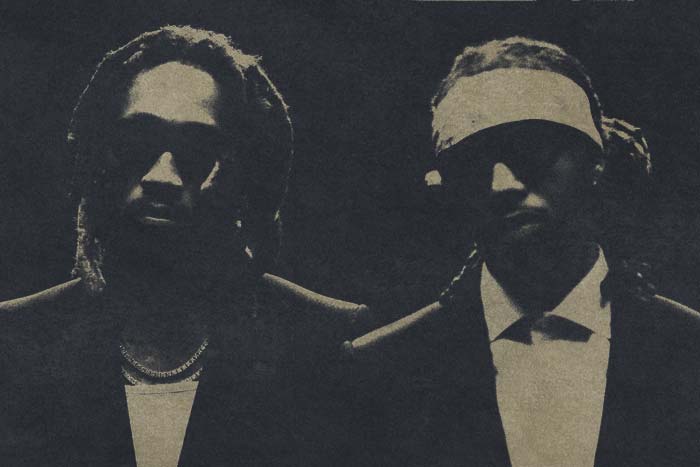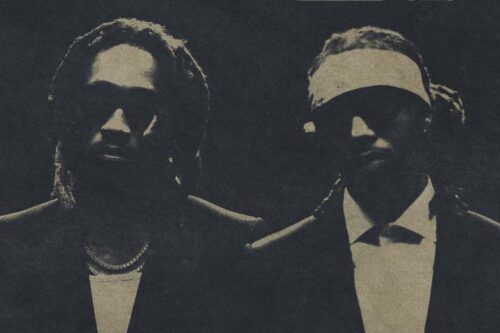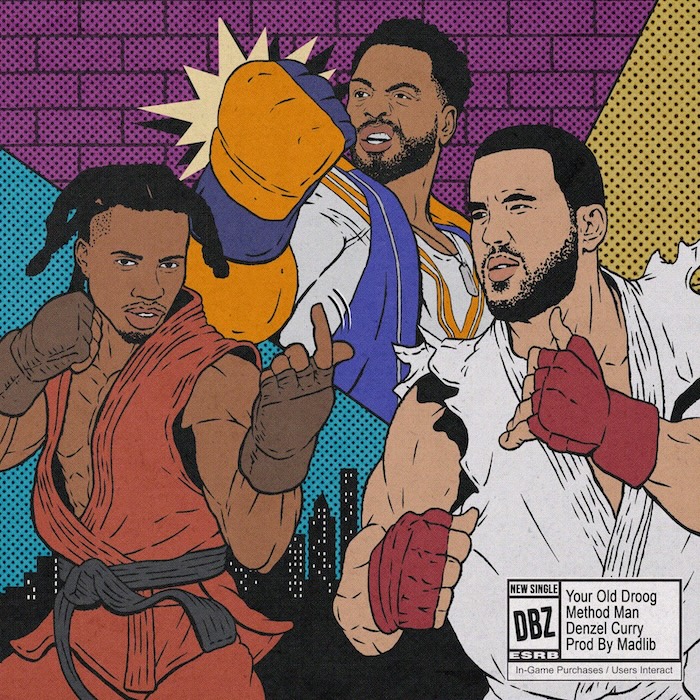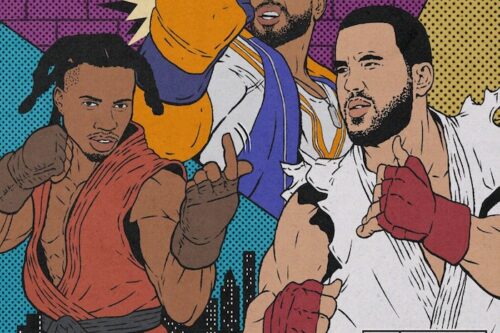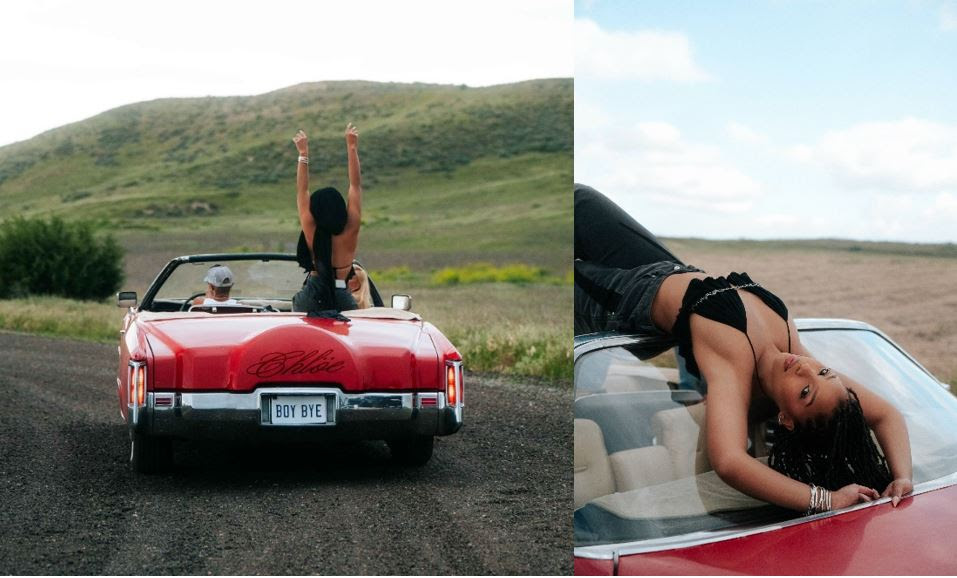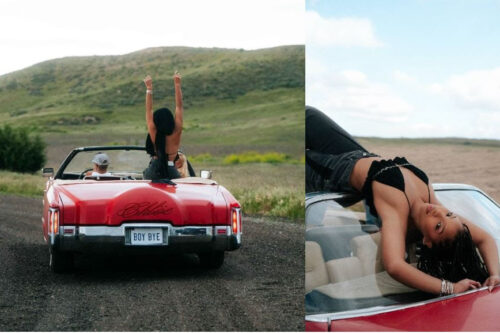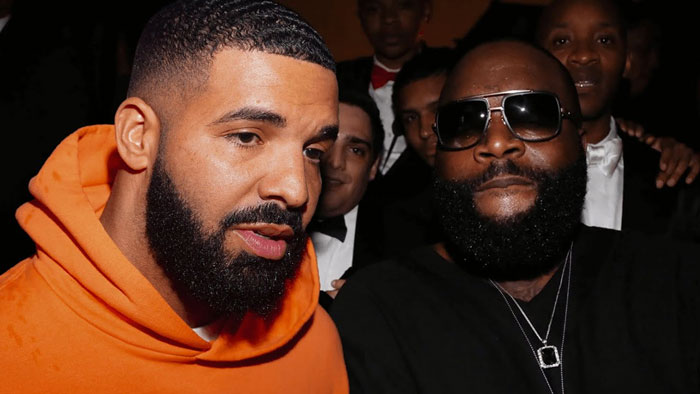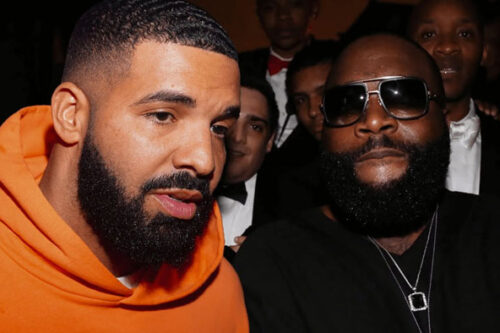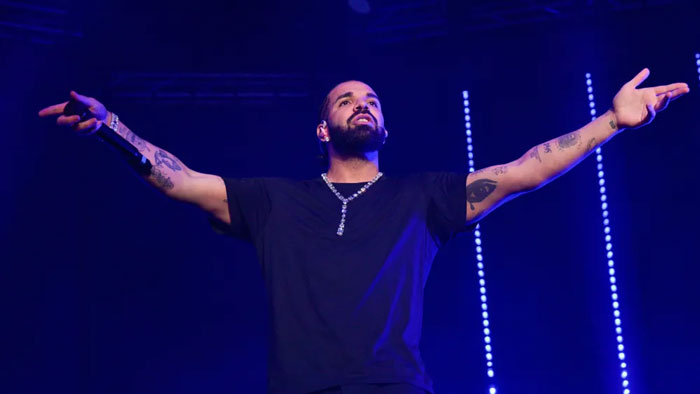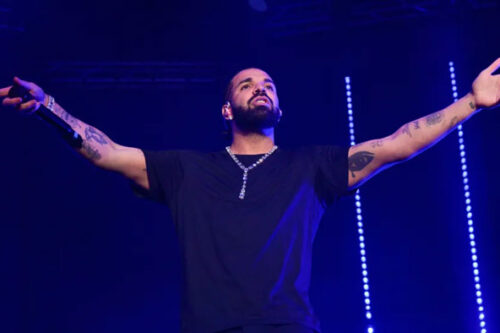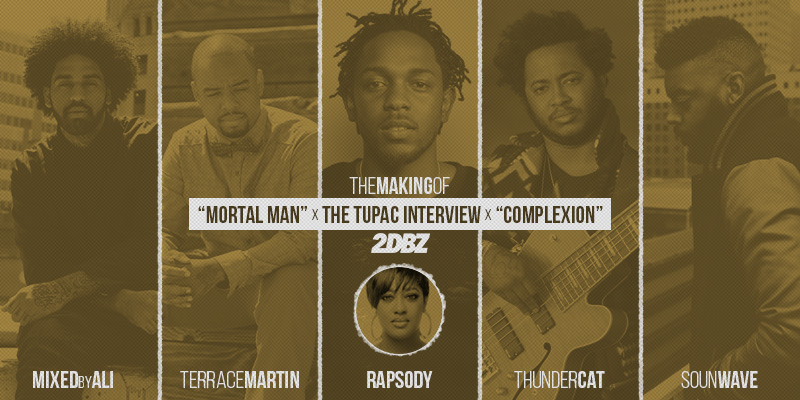
Fresh from his five wins at the 58th Annual GRAMMY Awards, Kendrick Lamar—alongside collaborators MixedByAli, Sounwave, Thundercat, Terrace Martin, and Rapsody—recently gave an oral history of To Pimp A Butterfly to Andreas Hale. Having previously unveiled that he has a “chamber of (unreleased) music” that he plans to debut through live performances (he debuted an Iman Omari-produced “Untitled 3” at the GRAMMYs), Hale now shares additional excerpts from his extensive conversation with some of the album’s key players with 2DopeBoyz.
Check out the stories of “Mortal Man” and “Complexion (A Zulu Love),” below.
“Mortal Man” x Tupac Interview x TPAB Poem
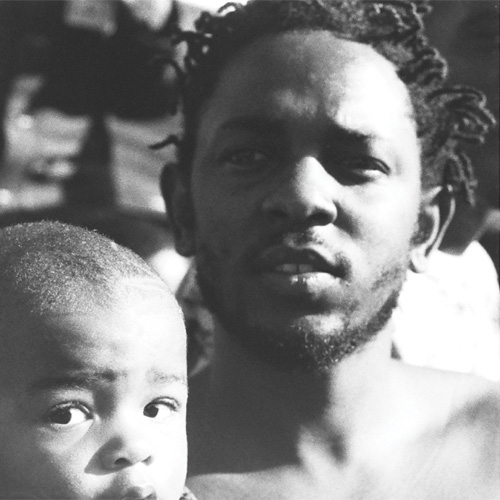
Kendrick Lamar: I think after listening to the album a few times, and thinking about the concept of “the pimp” and “the butterfly,” it sparked the idea for the poem and really wanting to break down the concept for the listener. But at the end I wanted to make sure that I nailed it as far as the listener really understanding the actual metaphor. “Mortal Man” was the best song to capture that moment. It’s the song about being insecure and not wanting to accept the responsibility of being a leader. It’s also about accepting that responsibility and being scared that your peers will bring you down from it. That is To Pimp A Butterfly. It means to have these wings emerge in a caterpillar mind state of the ghetto.
MixedByAli: The poem was a secret to us. We were living in the studio and there were certain times he would just duck off and he had this pad to start writing in his pad. I think that’s what it was.
Sounwave: He wouldn’t really give you a full explanation of what he was doing and then you’d see why he was in that pad the entire time. Everything was strategic.
Thundercat: My thing about Kendrick is that he’s an observer. He collects data. That brain of his is a unique processing unit. It’s like a particle being absorbed and when its spewed out its so much more intense than it was going in. Mortal Man was a song that Sounwave and I put together and I remember when Sounwave played him the track, Kendrick was standing there and twisting his hair. He goes into describing how the song made him feel and how he felt the song was delivering a message. He literally described what was going on with me in my personal life and I was blown away. By chance he just described what was going on with me. That’s a good example of his prowess. How do you hear that through some changes in the melody?
MixedByAli: The Tupac interview really tripped me out. He sent me this little clip a year before the album came out. It was a clip of him talking to Pac and he did it himself on Garageband. Nobody knew exactly how he wanted to do it. We would just see him writing that poem and constantly going over the interview in his head. I don’t know how he did it.
Sounwave: The first time he chopped it up and played it for me, I had chills. If I am giving this reaction imagine how everyone who is not in this room will feel. This is some powerful, scary and spiritual stuff. What Pac was talking about in that interview is relevant to today.
Complexion (A Zulu Love)
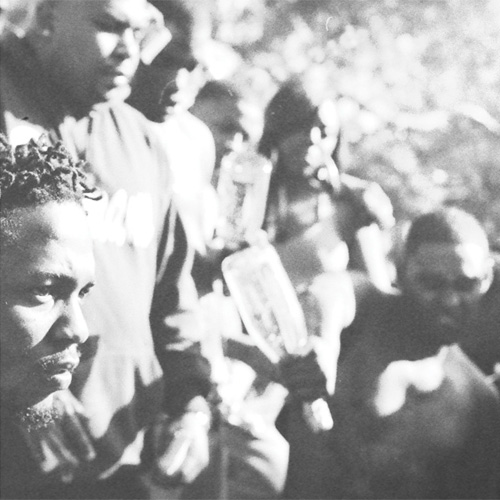
Sounwave: Thundercat actually had that for his album but we needed it. He gladly gave it to us.
Thundercat: That was originally my song for one of my projects where I was singing about the feeling of wanting something. The version of me singing would make you laugh. Kendrick was like “get that sh*t outta here!”
Rapsody: Terrace Martin told me that they were in the studio going over female emcees and Kendrick had mentioned my name. The other story I heard was that Top Dawg thought he was crazy. Azealia Banks was supposed to be on the hook and I don’t know if it was for real but if he said it, her name must have come up
Terrace Martin: When I heard the song I heard the verses so I knew where he was going but I didn’t think the song could get any bigger. I thought it felt good but Kendrick wanted to take it another step and he wanted to get a female’s voice on it. We tossed around a few names and then Kendrick said Rapsody. We love Rapsody so it was a no brainer. So then Sounwave and I decided to change the beat for her part. We were listening to a lot of J Dilla, Jimi Hendrix, Lelah Hathaway, who’s on that song, too. Robert Glasper played piano over it. Sounwave and I heard the piano beat but wanted another beat so we called Lelah Hathaway and got into the spirit of J Dilla. Then Rapsody got to it and murdered it.
Rapsody: I was in New York the first time I got the call the day after his “Control” verse dropped. Everybody was talking about the verse and Kendrick was in Africa. I think it was his first time going and I went about a year before him so I knew what that trip does to you, especially as a black person.
Kendrick Lamar: The idea was to make a record that reflected all complexions of black women. There’s a separation between the light and the dark skin because it’s just in our nature to do so, but we’re all black. This concept came from South Africa and I saw all these different colors speaking a beautiful language.
Rapsody: After that first call I didn’t hear anything else from him for a year and a half. No texts, no calls, no emails, nothing.
Kendrick Lamar: Immediately when I heard the beat I heard her voice and vocal tone. But what made her special was that I knew that she was going to bring the content from a woman’s perspective about complexion, being insecure and at the same time having gratitude for the complexion of skin and showing the different duality of it.
Rapsody: It was January 11th and I was in Charlotte, NC with a layover going to Toronto. Something had happened within our camp, it was for the best though. I remember 9th Wonder telling me what happened and I typed a text that I never sent that said “You know before you have a big blessing God moves people out of your way” but I erased it. It wasn’t five minutes later when 9th called me and said Kendrick wants you on his next album. Now, I didn’t know the title of the album, what Kendrick’s verses sounded like, I knew nothing. When I called Kendrick, we had a brief conversation and he said he wanted to talk about the beauty of black people. I told him to say no more. I wrote the verse and I didn’t tell anybody in my camp about it.
Thundercat: That was a cold introduction to Rapsody. I remember hearing the verse and saying you can’t do anything more perfect than that. It was a response on such a different level from a black woman addressing everybody.
Rapsody: What tripped me out is Kendrick originally said that he didn’t want to do a verse on there. He wanted me to do two verses and Prince to do the hook. I do remember Terrace telling me Prince might be on it…
Kendrick Lamar: Yup, that’s true. Prince heard the record, loved the record and the concept of the record got us to talking. We got to a point where we were just talking in the studio and the more time that passed we realized we weren’t recording anything. We just ran out of time, it’s as simple as that.
Rapsody: And I didn’t hear the final version of the song until the night the album leaked. The only thing he did tell me was that I was the only guest feature that had a verse on the album. That’s crazy to know somebody respected me that much to put me on his second album and give me that spotlight.

